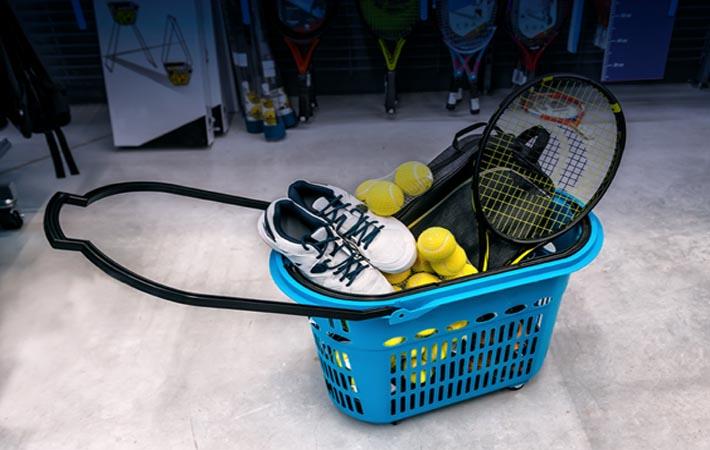Over three-fourths of sports goods manufacturing firms are still affected by specific regulations due to the COVID-19 pandemic, according to the June 2020 edition of the COVID-19 Impact Survey released by the World Federation of the Sporting Goods Industry (WFSGI), which said nearly 70 per cent of manufacturing plants continues to be challenged by low cash flow.
On the demand side orders seem to decrease less. Compared to the last two months in all regions a slight improvement has been reported except for Latin America, where the situation has aggravated. On the supply side double as many respondents as last month face material shortage in the sporting goods industry, the survey showed.Over three-fourths of sports goods manufacturing firms are still affected by specific regulations due to the COVID-19 pandemic, according to the June 2020 edition of the COVID-19 Impact Survey released by the World Federation of the Sporting Goods Industry, which said nearly 70 per cent of manufacturing plants continues to be challenged by low cash flow.#
Supply chain disruption remains roughly unchanged. With regard to the geographical impact, disruption only continues to diminish for Far East and Europe whereas it slightly increased in all other regions.
Labor shortage remains a challenge for 40 per cent of respondents. This is however a positive development as it is more than 10 per cent less than last month. Travel restrictions and closed public transport are still impacting staff’s ability to pursue their tasks.
Eighty four per cent of survey participants predicted that the pandemic will impact their business—an improvement of 6 per cent over last month. Compared to the last months, nobody expects a business drop of more than 90 per cent, WFSGI said in a press release.
While only 7 per cent of the industry respondents do not expect any recovery, there are only half as many respondents as last month expecting a near-complete recovery between 70 and 90 per cent. Most survey participants expect a recovery within 91 to 180 days, while 30 per cent think it will take more than a year.
The regions mostly affected by the crisis remain Europe and Northern America, according to over 60 per cent of respondents. Close to half rely on government loans and financial assistance.
There are less than 10 per cent of respondents having no measures planned to counter the impact of this crisis.
With regard to the repercussion of the mitigation measures to suppliers, only 12 per cent of brand companies consider deferring payments. In return, 15 per cent more respondents than in April are considering to consolidate their supply chains.
When transforming the supply chains, increasing importance is paid to being close to market, innovation and disruptive solutions. Lean and adaptive supply chain transformation is further loosing attractiveness amongst respondents with only half of them opting for this change.
Significantly more respondents intend to change their sourcing priorities. The trend goes on that there is a shift from global to local and regional market centric sourcing, the survey found.
Fibre2Fashion News Desk (DS)
